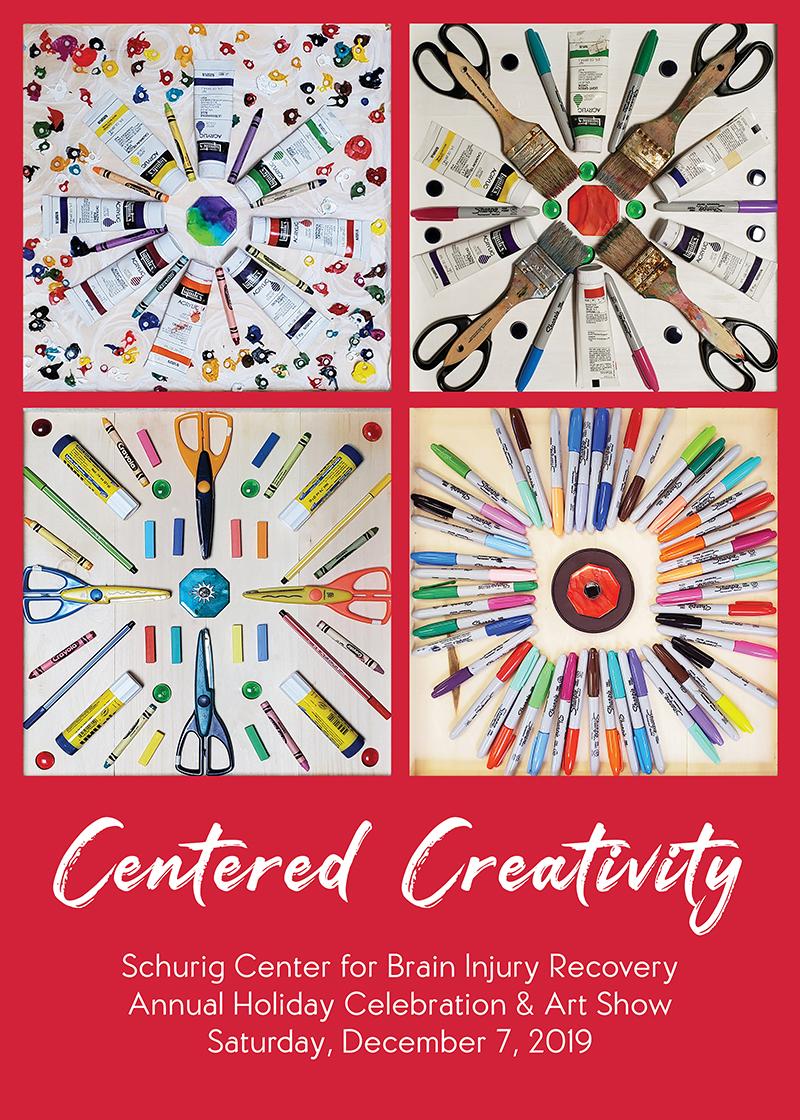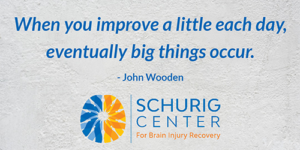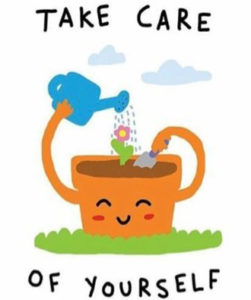Come enjoy original art, live music, refreshments, and holiday cheer with Schurig Center!
Saturday, December 7, 2019
Noon to 3:00 pm
Schurig Center
1132 Magnolia Avenue, Larkspur
(map)
Original artworks and handmade gifts created by Schurig Center artists and volunteers will be available for purchase.
Social, open house format.
Admission is free. No RSVP is required.
We will be collecting toiletries and cold weather accessories for homeless members in our community.
Below is a list of items that can be dropped off at Schurig Center on the day of the art show or in the month of November:
- Men’s and women’s socks, scarves, gloves, and warm hats
- Shampoo, conditioner (travel or regular size)
- Toothpaste, toothbrushes (travel or regular size)
- Bar soap (travel or regular size)
- Hair brushes, combs
- Nail clippers, nail files
- Feminine hygiene products
- Disposable razors, shaving cream (travel or regular size)
- Sanitized hand/body wipes
- Deodorant (travel or regular size)
- Small to medium-sized backpacks
- Travel blankets (light, rolled up for easy carry)
- If you’d like to create a “kit” of items on this list, please bring items in a small/medium size backpack or carry case.
Guests are also invited to bring a dessert or baked sweet treats to share with the guests at the celebration. If you’d like to bring an item, please kindly contact the Schurig Center office to let us know what item you’d like to contribute:
info@schurigcenter.org | (415) 461-6771





